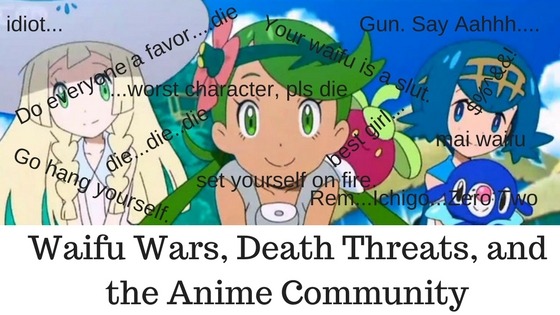 I tend to keep to my little corner of the anime community, but time to time I hear about something that troubles me. I watch Joey, also known as the Anime Man, on Youtube every so often. He’s plugged into the community in a way that I’m not. Well, recently he posted a rant about the bad side of the anime community. Recently, fans of the anime Darling in the Franxx have sent death threats and other nonsense to the show’s creators because the relationships didn’t go as these fans wanted.
I tend to keep to my little corner of the anime community, but time to time I hear about something that troubles me. I watch Joey, also known as the Anime Man, on Youtube every so often. He’s plugged into the community in a way that I’m not. Well, recently he posted a rant about the bad side of the anime community. Recently, fans of the anime Darling in the Franxx have sent death threats and other nonsense to the show’s creators because the relationships didn’t go as these fans wanted.
I’ve ran across this before across various communities. Crash Override written by Zoe Quinn discussed how rape and death threats from members of the video gaming community affected her life. As I study the anime community, I see how this dangerous and, frankly, infantile behavior poisons the hobby just as it does video gaming.
This is the Anime Man’s video where he discusses his thoughts and feelings concerning the rise of death threats and similar nonsense. While I dislike some of his language use (cursing is tired and the words are too meaningless now), I fully agree with his points.
Guys commonly threaten female members of communities when they “invade” a male hobby like video gaming. Anime works differently. Guys and girls have mingled for quite sometime in the anime world. Instead of threatening invaders, anime community members threaten creators and each other over the direction of relationships and storylines. You’ll see arguments over best-girls, that is the best female character in a given story, that slide into flame wars. These arguments are called waifu wars. These people get so vested in their waifu that they will defend them as a spouse would a real life significant other. While in real life, this can be seen as a virtue, online this can slid into ugliness and threats.Waifu wars can split into camps where people side with their favorite best-girl or best-guy and argue with their opposition.
Don’t misunderstand. Discussing why you like or dislike certain characters is fine. Problems arise when people fall into ad hominem attacks–written attacks on a person’s character. Verbal threats and slander are not protected speech under the US 1st Amendment, by the way. Obscenity isn’t protected either (Hayes, n.d.). It is possible, though not likely, that you could be prosecuted in court for online defamation. You aren’t as anonymous as you think. Every device as a unique MAC address known to your Internet Service Provider, which sees every packet of data you send and receive. Short of using various proxies and spikes, if someone really wanted to find your true identity, it is possible.
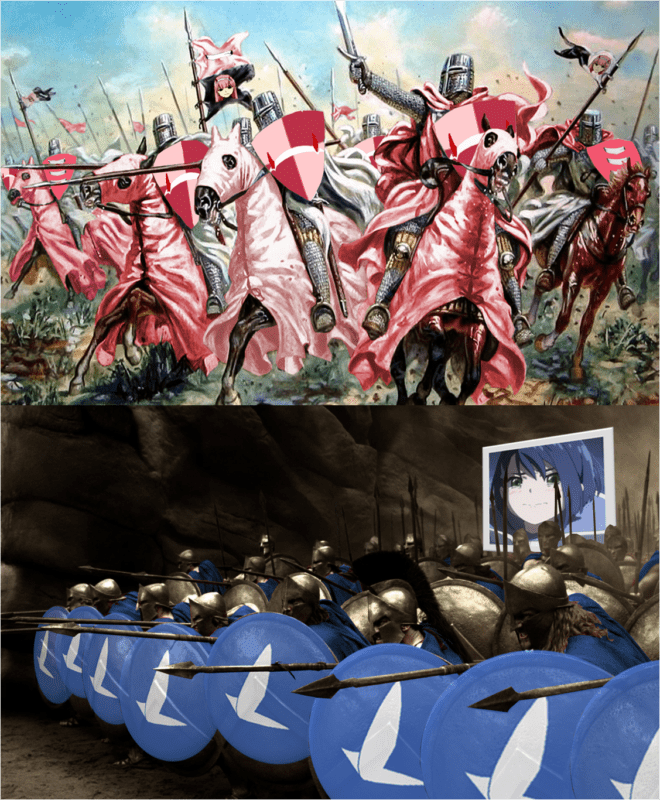
But really, this is about morality and character. It reflects poorly on your character that threatens their well-being. I’m pretty draconian. If I had my way, I would require all ISPs to ban the person threatening others from accessing the Internet for a certain period of time. The only way around the ban I had in mind is for the person to run out and buy a new device or network adapter. Death and rape threats are never okay, and they need to be addressed according to their seriousness. It’s not funny or cute.
Don’t confuse this with critiques or expressing opinion. You can do this without attacking others or wishing their family to die in some horrible way. Anime is fiction. It’s a hobby. It’s supposed to be fun, and communities provide a way to share this with others. Only this sharing sometimes becomes arguing.
I used to believe in the adage, “don’t feed the trolls.” However, ignoring them doesn’t do anything nowadays either. I’ve played many online games where I’ve encountered trolls messing with players. I’ve seen these players getting upset in the chat. Well, instead of ignoring it, I started stepping in and redirecting the trolls’ childishness toward me. I would then send my chat log to the admins who would ban those trolls from the game for sometimes several weeks at a time.
Of course, banning a troll and removing all of them threatening posts sometimes makes them feel vindicated. They will often create new accounts to continue the antics. A proper forum or social media system would allow banning at an IP level. But this doesn’t help for those who are determined or those who start to physically and digitally stalk their victim. As Zoe explains in her book, some problems escalate beyond a single website. Dedicated people will stalk across social media accounts, video games, forums, and into the physical world.
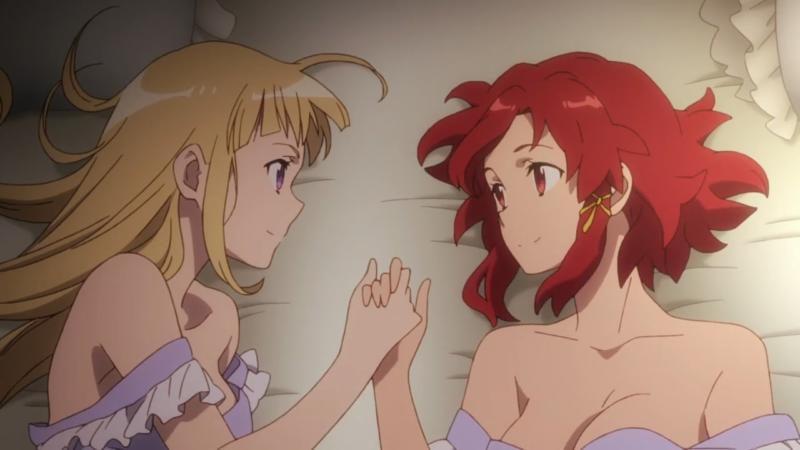
Even if you would never stoop to threatening a creator over an anime relationship, you can forget a person sits on the other side of the words you are reading. When you read something, you filter it through your own emotions and understanding. Often, this leads to you misinterpreting the intent of the writer, especially when you are fired up over in a waifu war or a creator sinking your ship.
I have to mention this fact as a writer: you don’t fully own the characters. The story’s creator has more of a right to the characters and to the direction the stories goes than you do. After all, they are the creator’s babies. However, as soon as anything becomes public, the creator loses some control over the idea. It takes a life of its own, and the consumers of the story–anime fans–gain a little ownership through their co-creation with the author. Instead of making death threats, Darling of the Franxx fans would better spend their time writing their own alternatives to the creator’s vision, or even better, writing their own original stories.
In the end, the poisonous behavior of segments of the anime community hurts the rest of the community. The rest of us have the responsibility to speak out against this behavior. Ignoring the trolls, not feeding them, doesn’t really work, When ignored, they will seek out some other victim. As for the Darling in the Franxx death threat issue and other similar cases, many of these people will repeat their behavior when the next obsession grips them. As a community, we can only speak out against this childishness and remind everyone that people exist behind the pixels we see, people with emotions and concerns. Sadly, death threats and other similar issues won’t end anytime soon. We can only do what we can to minimize it.
References
Loveridge, Lynzee (2018) Anime Producer Yuichi Fukushima Endures Harassment Over DARLING in the FRANKXX Episode. Anime News Network. https://www.animenewsnetwork.com/interest/2018-04-17/anime-producer-yuichi-fukushima-endures-harassment-over-darling-in-the-frankxx-episode/.130524
Hayes, Christi (n.d.) Is Slander Protected by the First Amendment? The Law Dictionary. https://thelawdictionary.org/article/slander-protected-first-amendment/
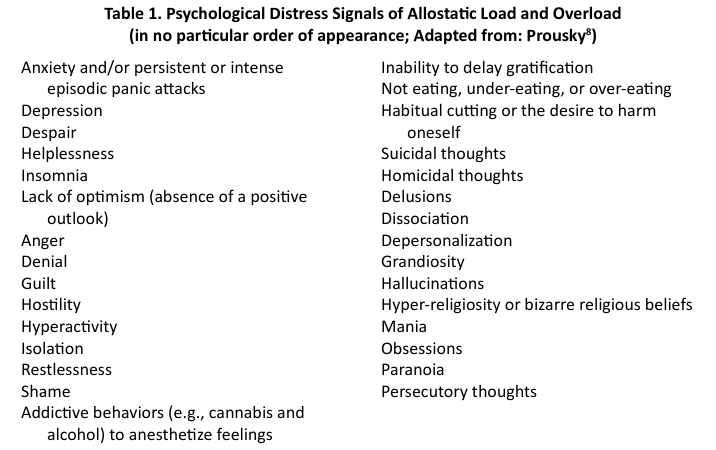
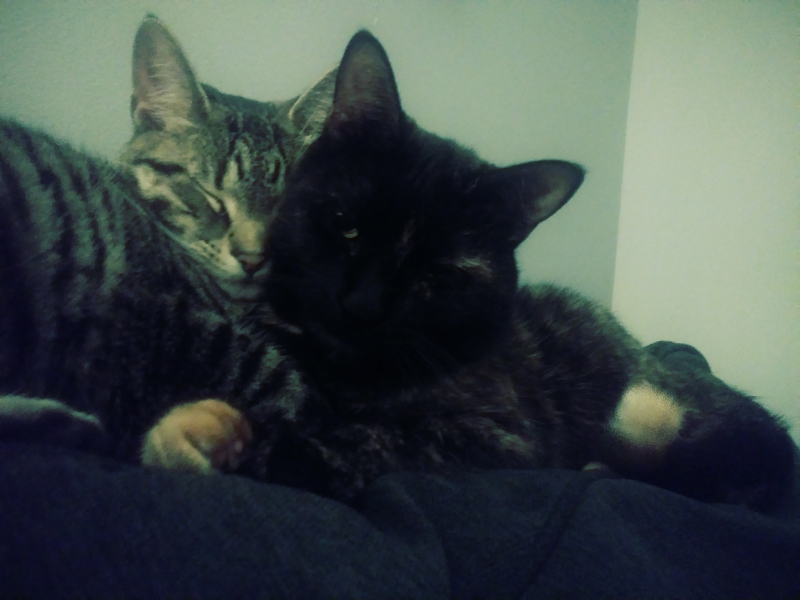
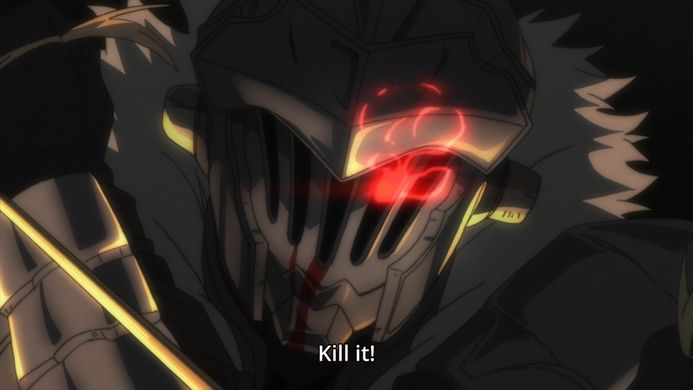
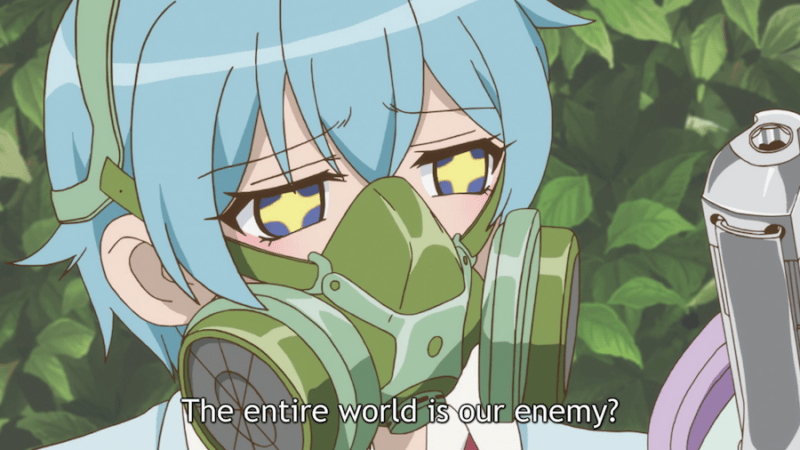


“Don’t feed the trolls” only works up to a certain extent. I don’t know if you read about what Benjamin Franklin did regarding a hater of his, but it seems like that’s one way to handle a troll: https://www.brainpickings.org/2014/02/20/the-benjamin-franklin-effect-mcraney/
I like bans, but as you said, they don’t always work. This is more of a cultural thing where we have to change how people communicate with one another.
Ben Franklin had the right idea, but sometimes people just will not or cannot entertain any possibility beyond their own conclusions. Hard hearts create feedback loops that are hard to break.
You are right about this problem being a cultural issue. It is, perhaps, a problem with Internet culture itself.